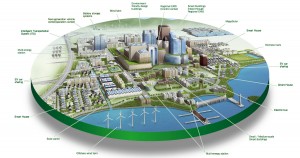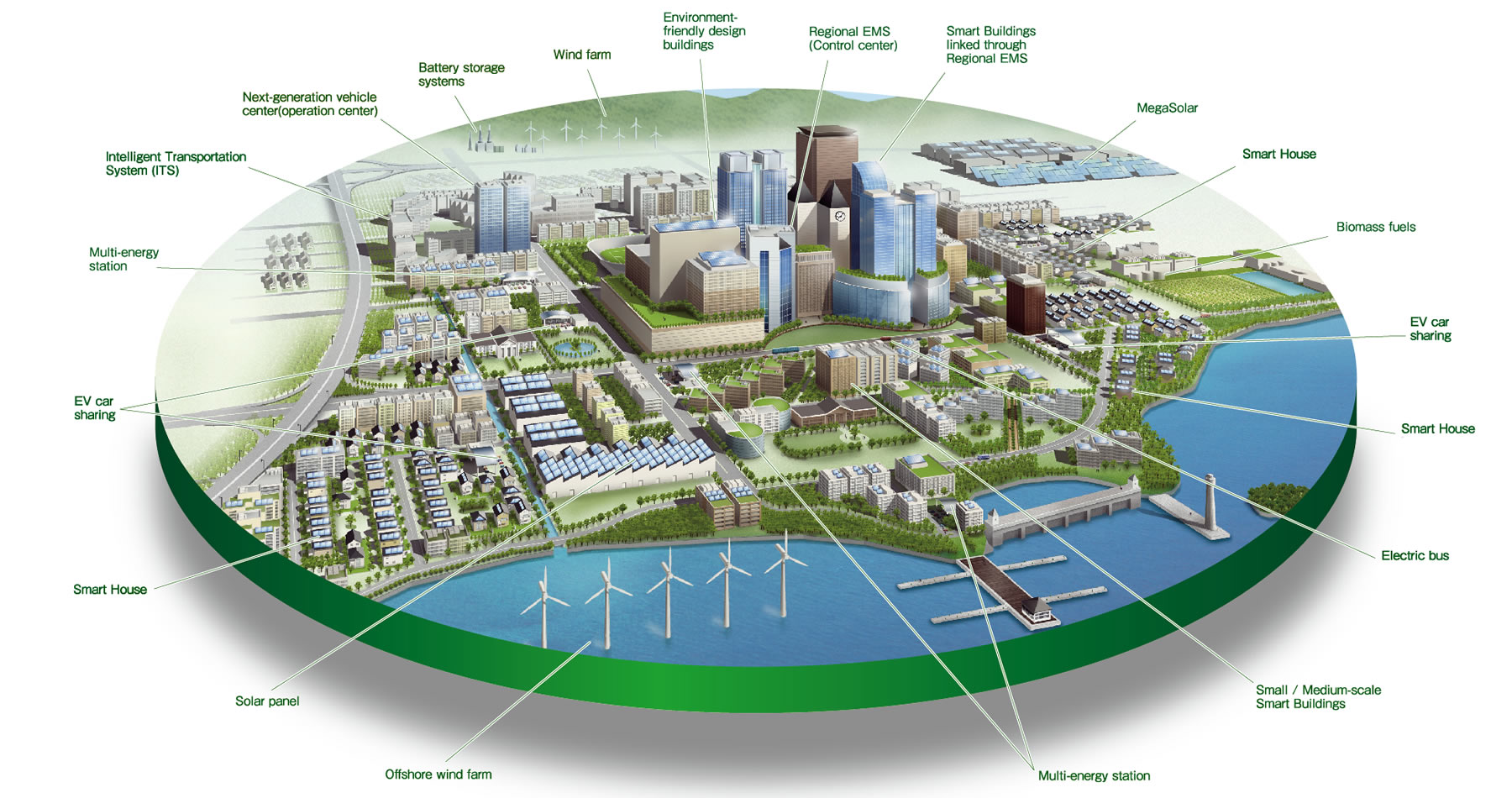Bottom Line: Smart cities need smart citizens and only their active participation can create the eco system to sustain smart city.
 It was an action-packed and noisy morning in Bangalore when the senior citizens of Bangalore stormed into the office of the Bruhat Bengaluru Mahanagar Palika (BBMP), the administrative office responsible for the civic and infrastructural assets of the Greater Bangalore metropolitan area. Their grouse has been the apathy of the municipal body towards the neglect of the local public park.
It was an action-packed and noisy morning in Bangalore when the senior citizens of Bangalore stormed into the office of the Bruhat Bengaluru Mahanagar Palika (BBMP), the administrative office responsible for the civic and infrastructural assets of the Greater Bangalore metropolitan area. Their grouse has been the apathy of the municipal body towards the neglect of the local public park.
Later, the citizens in association with the local schools took up the job of cleaning and greening the park themselves. The news about the civic initiative spread like a wild fire, and a Chicago-based urban planner in his presentation about smart city said that the onus of making a smart city is not only on the government bodies but smart citizens are very much part of the eco system that makes up smart city.
“While there is a debate around smart cities I feel we are smarter city in Bangalore. The reason being that our citizens are mostly well educated and IT driven who take active part in building the efficient civic system. It is a city of concerned citizens. We do not just look at the government to do the job. If smart city is about smart urban governance, it is also about the smart citizens,” says JC Sharma, VC and MD of Sobha Limited.
Most of the urban planning experts agree that smart city is not only about smart urban infrastructure and smart governance but also smart citizens who could preserve the government initiatives and make the optimum use of it.
In the global context also, there is a growing debate about the socio-cultural and political eco system and preconditions of smart cities. The analysts are assessing as to what extent people and groups can be made a part of the eco system to develop smart infrastructure. The idea is to ensure smart participation of citizens and the concept refers different roles of individuals, stakeholder groups and society.
For example, in Amsterdam the smart city has also devised a Smart Citizen Kit for greater awareness and participation. One of the unique features of the project is that the citizens are involved in the measurement of air quality. With the help of the Kit, the citizens can also measure humidity, noise, pollution, temperature, Co, NO2 and light density. The Kit measures and conveys the results through the Internet connection of the citizens.
In the Indian context, the debate about the smart cities is more about the infrastructure and technological solution to the urban management. One of the fundamental reasons why the urban governance in India has not been up to the desired level is the absence of active participation of the citizens. An attempt for greater citizen participation was made with the passage of 74th Constitutional Amendment to urban policies such as JNNURM that emphasized the need to involve citizens. But the Centre and States thereafter could not evolve mechanism to provide citizens with meaningful ways to participate in governance.
“It is not just about the periodic meetings between the government agencies and the citizens, but in a larger context we in urban India need to have greater awareness about the urban problems and the judicious use of resources like water, electricity, sanitation, roads, education, health and other available resources,” says D Raghupathy in Bangalore who has been active working on Children’s Movement for Civic Awareness.
A small sample survey by Track2Realty among 2000 residents in the ten key cities of Delhi, Gurgaon, Noida, Mumbai, Pune, Bangalore, Chennai, Chanadigarh, Jaipur and Bhopal finds that public engagement is limited in the urban governance beyond symbolic voting. Worst even, the voting is also confined to State and National elections with only 20 per cent citizens having voted for municipal and ward council elections.
India definitely has to do a lot of catching up as far as smart urban governance and the participation of citizens are concerned. Failing to involve the citizens, the smart cities will only end up having state-of-the-art infrastructure and poor follow-up leading to smart urban chaos for the future.
By: Ravi Sinha





